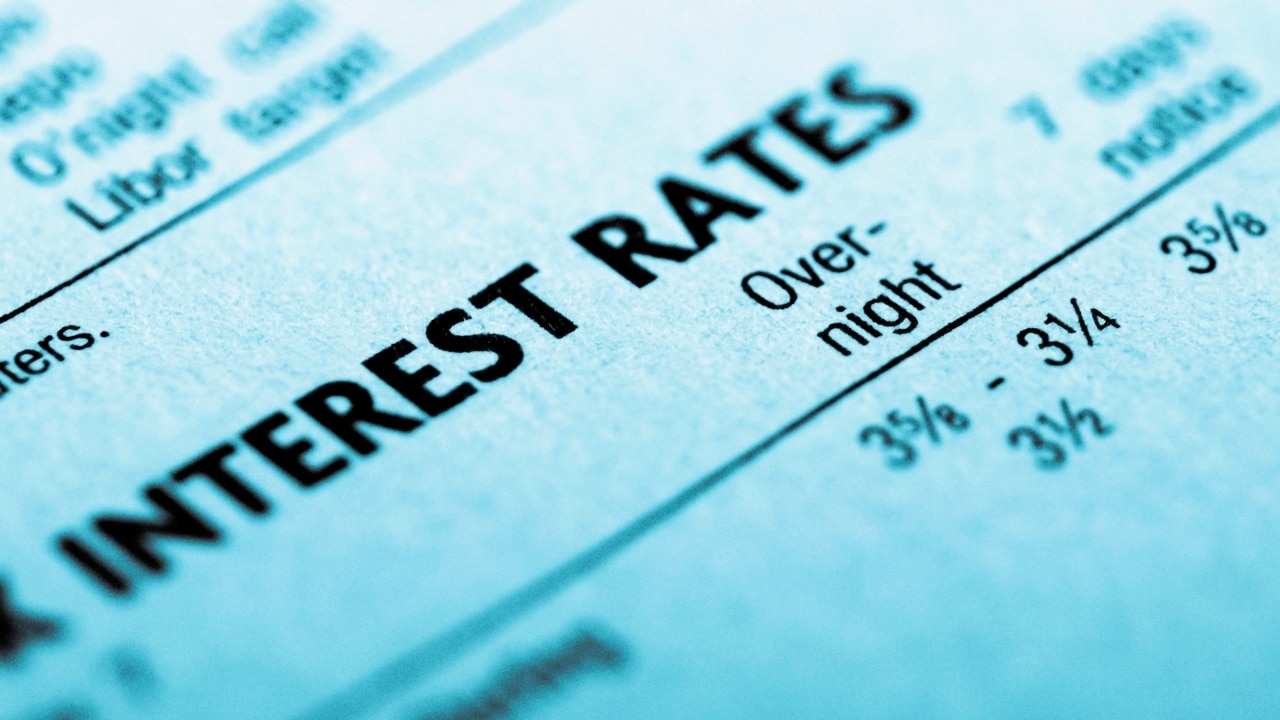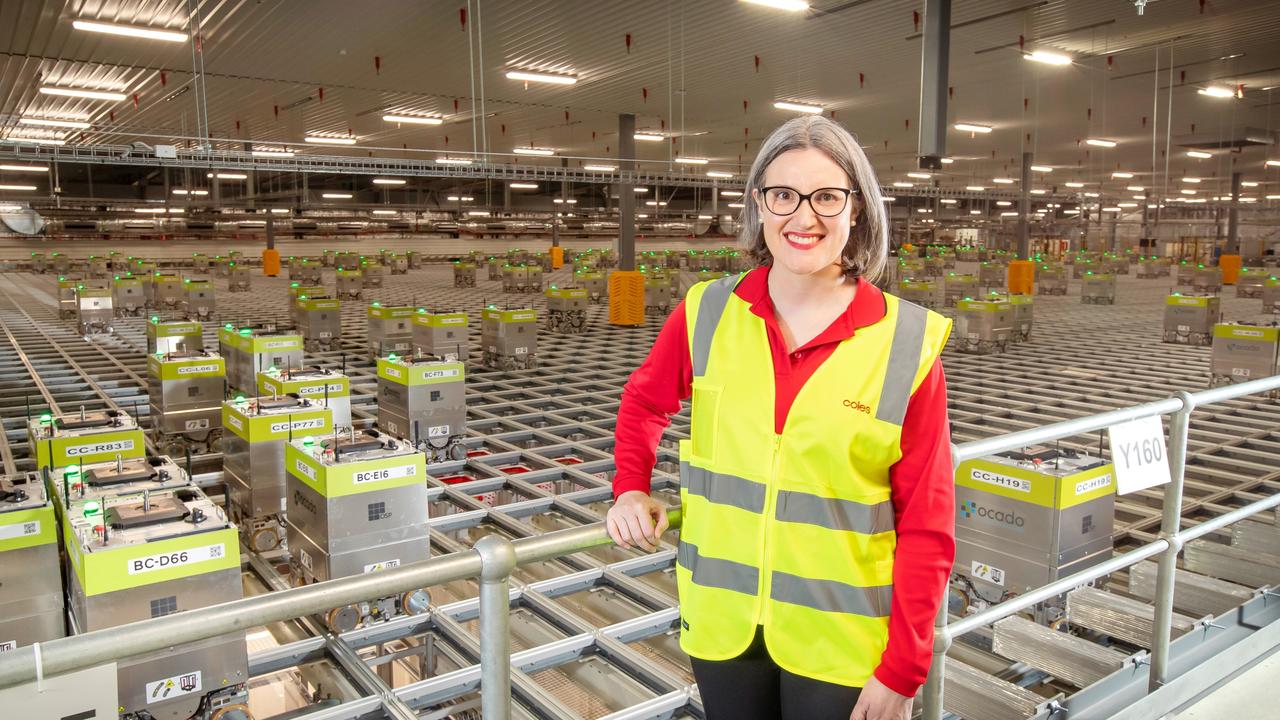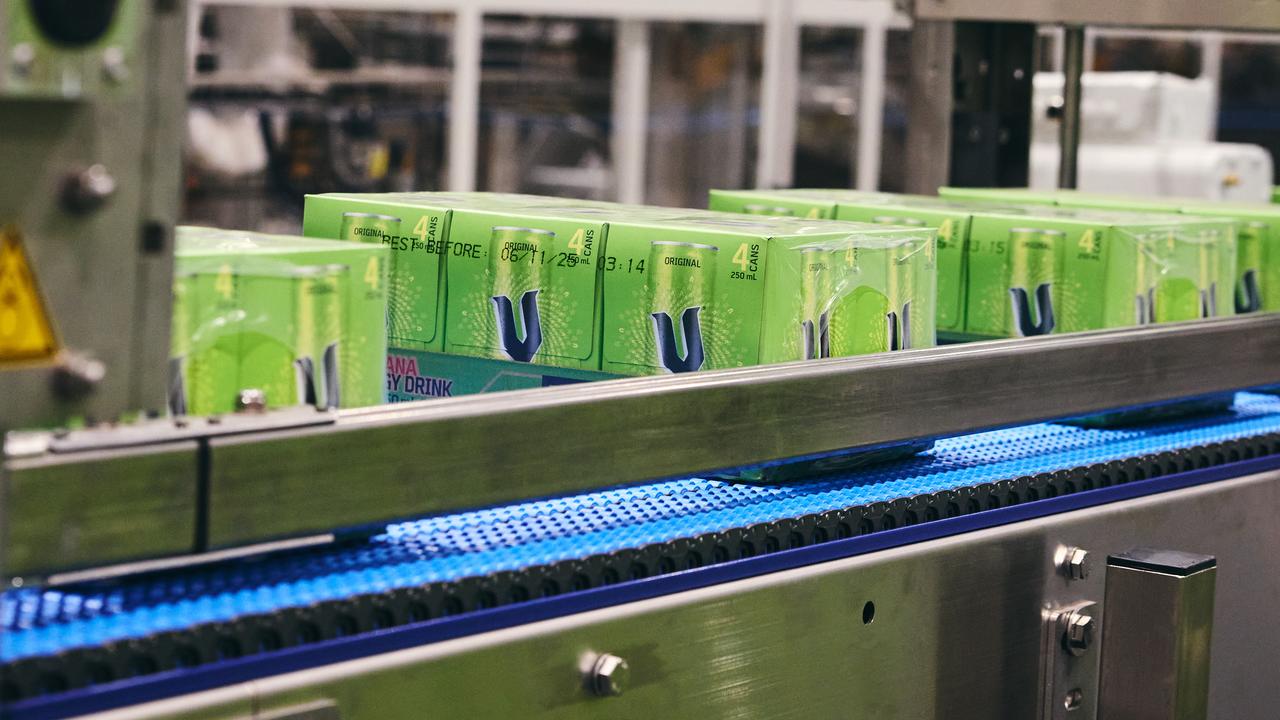Reserve Bank governor Michele Bullock says ‘low tolerance’ for high inflation after Wednesday CPI data
Reserve Bank governor Michele Bullock says record levels of immigration driving a surge in rental prices is adding to inflation, as the central bank remains tight-lipped on rates.

Business
Don't miss out on the headlines from Business. Followed categories will be added to My News.
Reserve Bank governor Michele Bullock says record levels of immigration driving a surge in rental prices is adding to inflation, as the central bank remains tight-lipped on whether to deliver another rate rise next month.
Speaking before Senate estimates on Thursday, Ms Bullock said the arrival of 500,000 immigrants in the past year had put upward pressure on rental prices, which she expected would peak in the next six months.
Rents rose 2.2 per cent to the September quarter and were up 7.6 per cent from a year ago, outpacing overall inflation, which rose more than markets had expected – by 1.2 per cent in the quarter and 5.4 per cent annually, according to the Australian Bureau of Statistics.
“Rents are inflation, but you can only increase rents if there is demand and the problem with the rentals is not interest rates. The problem is demand for rental properties is too high relative to the stock of rental properties,” Ms Bulloch said.
“Immigration is adding to demand for properties, which adds to demand for rental properties, which adds to pressure on rents.”
Ms Bullock said the RBA expected that rents would peak within the six months and would top out at about 10 per cent growth before easing. Her views came as she said the RBA had a “low tolerance” for inflation remaining outside target for too long and that her immediate impression of Wednesday’s inflation data was that it was higher than the RBA had forecast, and that it would have a “material” effect on the bank’s outlook.
Jim Chalmers on Wednesday was adamant that the reacceleration in consumer price growth in the September quarter was in line with budget forecasts, and did not materially affect Treasury’s forecasts.
However, Ms Bullock was more ambivalent. “I’m not saying we’re going to raise again or we’re not going to raise again,” she said. Ms Bullock said growth in inflation was not surprising given that petrol prices had surged 30 per cent since August.
“What we’re observing is that a continuation of the trend that goods prices, inflation, that is still moderating, and we’re seeing generally consumer durables coming down,” she said.
“We’ve got to think about our own forecast for that. We will be releasing a new set of forecasts after the board meeting in a couple of weeks time in the statement on monetary policy, and there we’ll have a reflection on what this might mean for our forecast.”
Ms Bullock noted that the data reinforced the RBA’s view that services inflation was “fairly persistent”, with Australia following trends overseas where while goods price inflation was easing, the cost of services was not falling as quickly given soaring electricity prices and rents.
Economists now believe a Melbourne Cup day rate rise is “all but guaranteed” given hawkish commentary from the RBA since Ms Bullock replaced Philip Lowe last month, as well as Wednesday’s CPI print.
Ms Bullock gave nothing away as she said inflation was declining but still too high in areas such as eating out and takeaways, rents and hairdressing.
RateCity.com.au forecasts that a 25-basis-point rate rise next month to take the cash rate to 4.35 per cent would result in repayments on a $500,000 loan increasing by $76 a month.
As part of considerations of whether to lift rates next month, the RBA would also judge how long Australia could stay outside the target band of 2-3 per cent by 2025, with Ms Bullock repeating that the bank had a “low tolerance” for higher inflation as it was likely to then be entrenched within society.
“The forecasts have shifted out, but we’ve judged that we can slow the economy enough without a recession and an unnecessary increase in unemployment within that time frame,” she said.
“When I say low tolerance, we’ve always said we have a low tolerance.”
Ms Bullock told senators that interest rates were the bank’s only tool to control inflation, and described it as a “blunt instrument”.
“We have to impact aggregate demand through the cashflow channel, the intertemporal substitution channel, the exchange rate channel,” she said.
More Coverage
Originally published as Reserve Bank governor Michele Bullock says ‘low tolerance’ for high inflation after Wednesday CPI data





